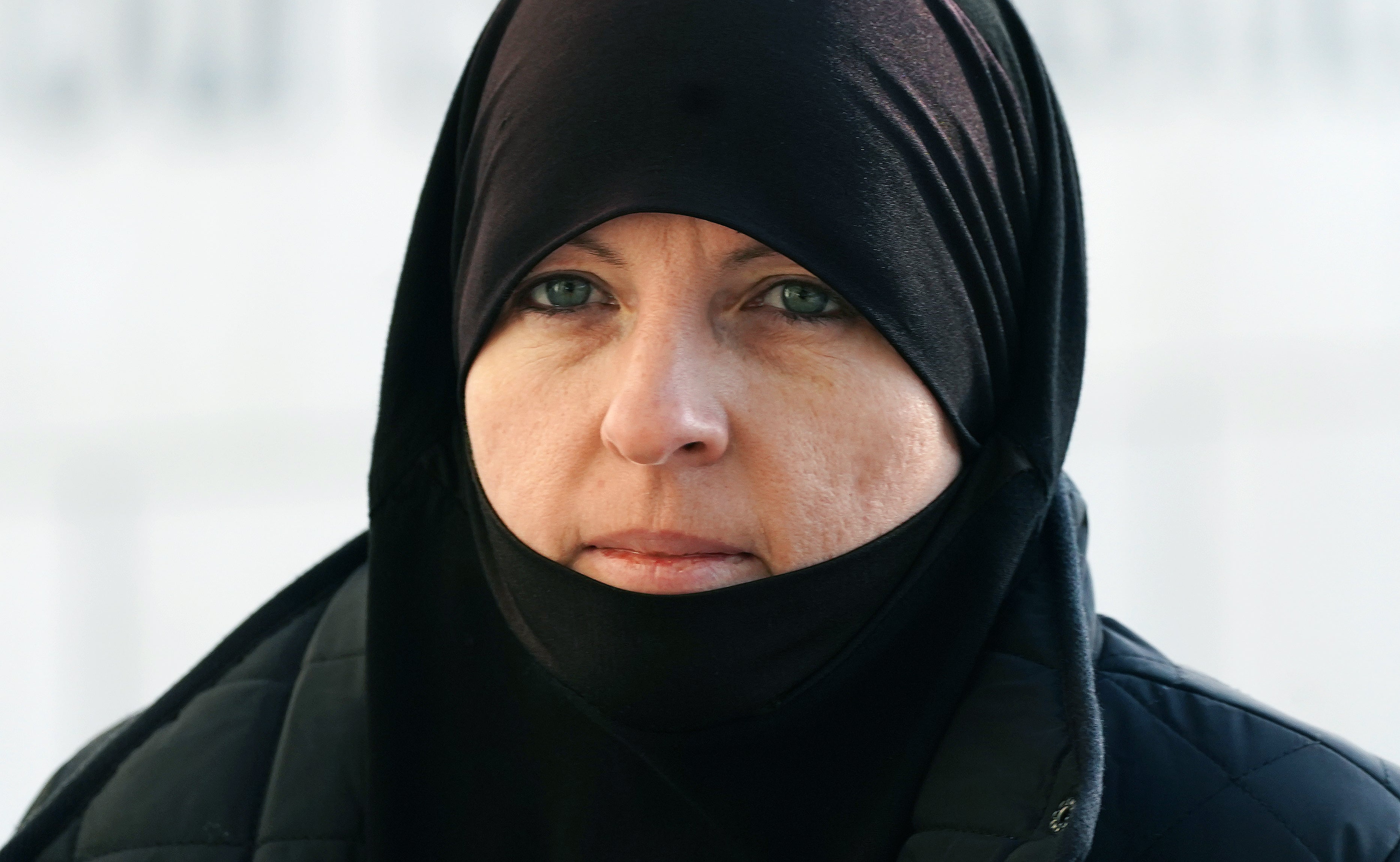Lisa Smith was legally arrested in 2019, court rules
Lawyers for former Defence Forces soldier Lisa Smith had on Monday challenged the legality of her arrest on her return to Ireland.

Your support helps us to tell the story
From reproductive rights to climate change to Big Tech, The Independent is on the ground when the story is developing. Whether it's investigating the financials of Elon Musk's pro-Trump PAC or producing our latest documentary, 'The A Word', which shines a light on the American women fighting for reproductive rights, we know how important it is to parse out the facts from the messaging.
At such a critical moment in US history, we need reporters on the ground. Your donation allows us to keep sending journalists to speak to both sides of the story.
The Independent is trusted by Americans across the entire political spectrum. And unlike many other quality news outlets, we choose not to lock Americans out of our reporting and analysis with paywalls. We believe quality journalism should be available to everyone, paid for by those who can afford it.
Your support makes all the difference.Judges in the trial of former Defence Forces soldier Lisa Smith on Tuesday rejected the argument that the basis of her arrest in December 2019 was unlawful.
Lawyers for former Defence Forces soldier Lisa Smith had on Monday challenged the legality of her arrest on her return to Ireland
The Co Louth woman, 39, has pleaded not guilty to charges of membership of so-called Islamic State and providing funds to benefit the group.
In front of the three-judge Special Criminal Court in Dublin on Monday, legal representatives for Ms Smith specifically contested the legality of her arrest under the Offences Against the State Act 1939, after she returned to Ireland in 2019.
Mr Justice Tony Hunt on Tuesday rejected the proposed interpretation of Irish anti-terrorism law put forward by defence counsel Michael O’Higgins and said that the arrest by Detective Sergeant Gareth Kane was legal, with powers properly exercised.
The judge said that the eventuality raised by such a case was contemplated and expressly provided for under Irish law.
Smith is charged under Section Six of the Criminal Justice (Terrorist Offences) Act 2005, which makes it an offence to join a foreign unlawful organisation.
It is alleged that, between October 28 2015 and December 1 2019 at a location outside the State, she was a member of a terrorist group styling itself the Islamic State.
She has also been accused of financing terrorism by sending 800 euro (£670) in assistance via a Western Union money transfer to a named individual in 2015.
The trial continues on Wednesday.